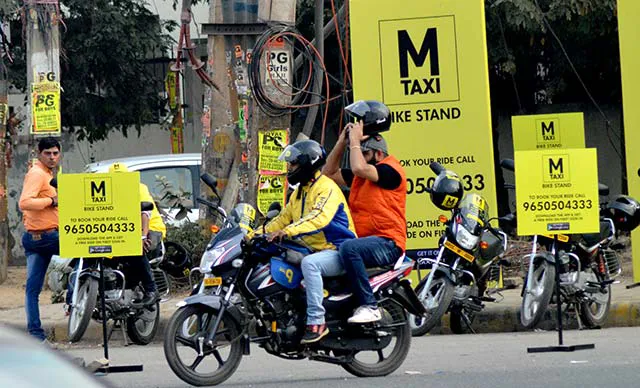Karnataka Bans Bike Taxis
The Karnataka government has enforced a complete ban on bike taxi services operated by private players like Ola, Uber, and Rapido. The decision follows the Karnataka High Court’s ruling that using whiteboard (private) bikes for commercial purposes violates the Motor Vehicles Act. Although a six-week grace period was granted, the ban officially came into effect on June 16, 2025, after a division bench refused to stay the initial ruling. As a result, all major aggregators have suspended their bike taxi operations in the state.
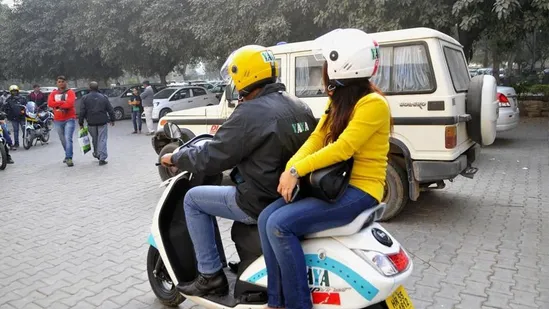
/*1 Lakh+ Riders Jobless. */
The ban has had an immediate and severe impact on gig workers, leaving an estimated 1 to 1.2 lakh bike taxi riders jobless overnight. These individuals depended on the service for their daily income. Key stakeholders, including NASSCOM, gig economy associations, and labor unions have urged the Karnataka government to introduce clear, inclusive policy guidelines to regulate and legalize bike taxi operations, ensuring the protection of livelihoods.
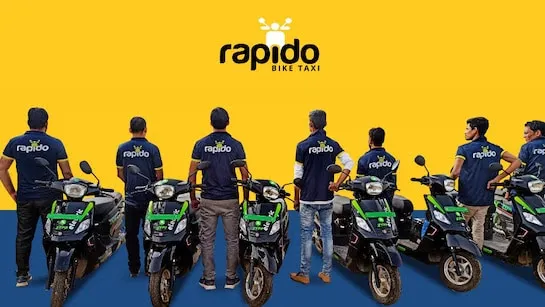
/*Heavy Penalties & Vehicle Seizures.*/
According to The Times of India, a total of 103 bike owners were booked and their vehicles seized across 11 RTO jurisdictions in Bengaluru. Rajajinagar RTO reported the highest number of seizures (16), followed by Electronics City (15) and KR Pura (13). On the first day of the ban, over 100 private bikes operating as bike taxis were impounded by the Bengaluru Traffic Police, with each rider fined ₹5,000 for violating the order. Authorities have warned that any further violations will face strict legal action, sending a clear message to both riders and aggregators to comply with the court’s directive.
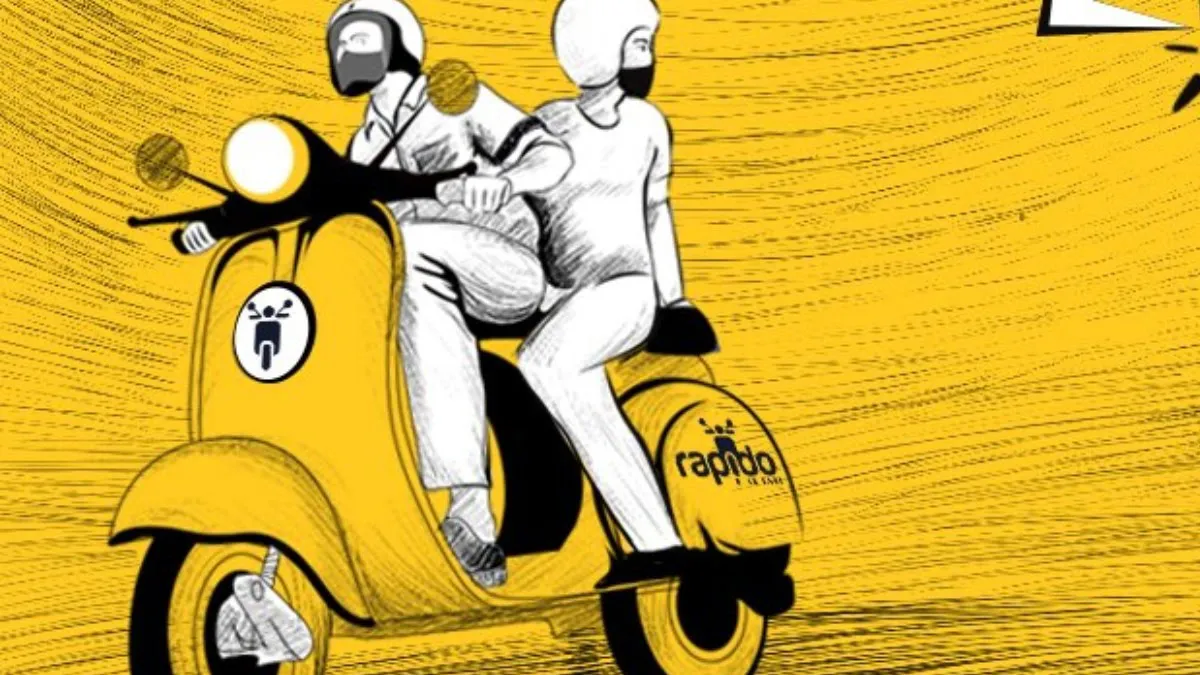
/*Commuters Hit by Fare Hike. */
The suspension of bike taxis has led to a noticeable impact on commuter convenience. Many users have taken to social media to complain about longer wait times and fare hikes in autorickshaws and cab services. For instance, an 8 km ride that used to cost ₹350 via bike taxis now costs around ₹440 in auto or cab rides. This affordability gap has disproportionately affected low and middle-income commuters, especially students and office goers.
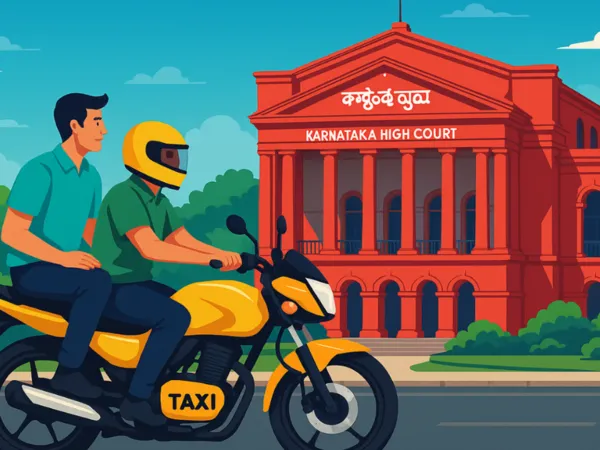
/*Legal & Policy Gaps. */
The High Court's ruling stems from the state’s lack of a clear policy to govern bike taxi services. Unlike Delhi or Maharashtra, Karnataka has not notified any specific rules under the Motor Vehicles Act to regulate two-wheeler taxis. Without such a policy framework, aggregators using whiteboard (private) vehicles are deemed illegal. The court has asked the state government to present its stance on policy development by June 20, with the next hearing scheduled for June 24.
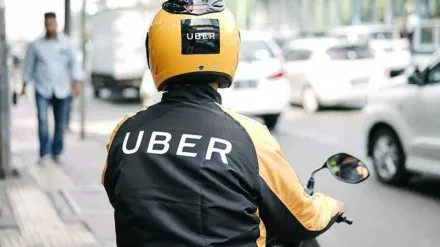
/*What Lies Ahead?*/
Currently, there is no sign of policy change from the Karnataka government. Transport Minister Ramalinga Reddy has affirmed that the ban will remain, and enforcement will continue. Meanwhile, companies like Rapido are in talks with the state government and have tried launching alternatives like bike parcel services, though even those were soon withdrawn. The situation remains fluid, and all eyes are now on the June 24 court hearing, which may shape the future of bike taxi operations in Karnataka.
